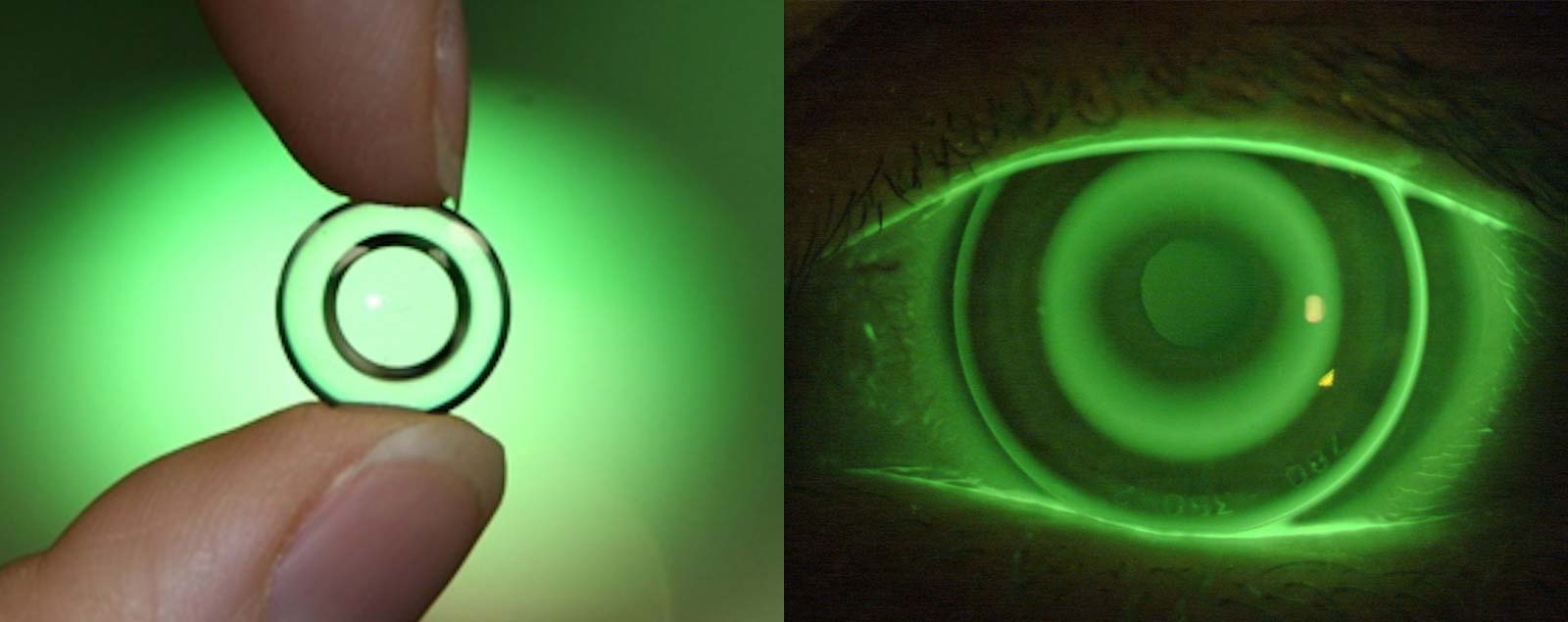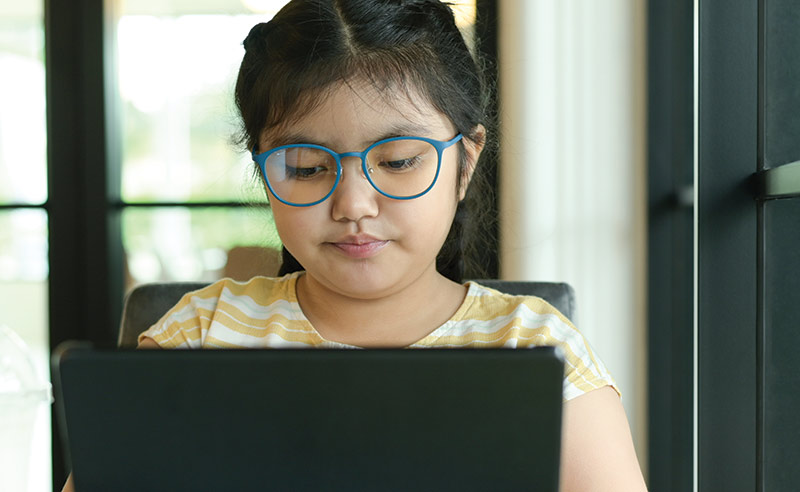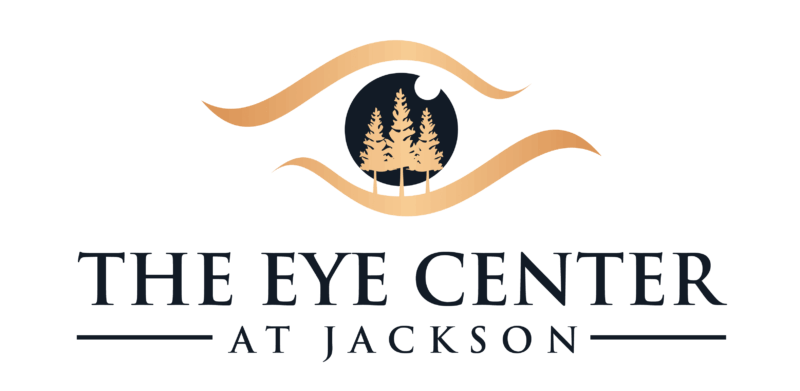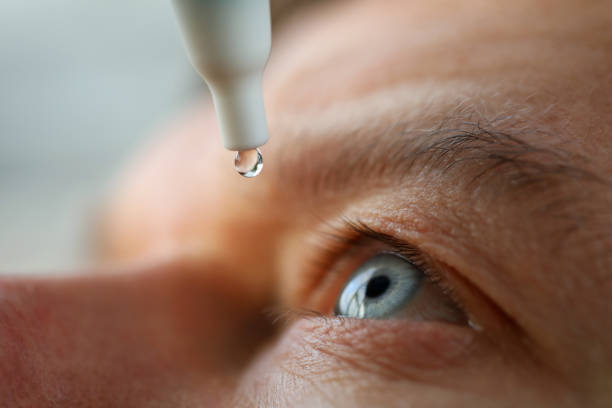
Myopia or nearsightedness is a common vision condition that affects nearly half of all Americans. When nearsightedness worsens, it is known as progressive myopia.
The incidence of progressive myopia in children has doubled in the last 20 years and is now being recognized as a national epidemic.
If left undetected or untreated, progressive myopia can affect learning, sports and hobbies. It can also increase the risks of ocular diseases in adulthood such as glaucoma, macular degeneration, retinal detachment and an earlier onset of cataracts.
The best way to control myopia is to detect and treat it early. Routine eye exams should start before a child enters preschool.
Fortunately for children with myopia, there are several interventions that can help slow the progression.
They include:
Orthokeratology (Ortho-K)

Unlike traditional contact lenses that are worn during the day, orthokeratology lenses are worn only at night. These specially designed lenses gently re-shape the eyes during sleep. In addition to slowing the progression of myopia, Ortho-K lenses also have the benefit of providing clear vision all day without the use of glasses or contacts.
Atropine Drops
Atropine has a long history of use and is an effective form of myopia management. Atropine drops are a good option for children who are not candidates for other treatment methods and are sometimes used in conjunction with other forms of myopia management. Atropine drops can slow the progression of myopia but are not considered a cure.
Contact Lenses

The FDA recently approved a soft contact lens for the treatment of myopia in children ages 8-12. MiSight is a daily lens that has alternating treatment and correction zones and provides clear vision during wear.
Specialty Eyeglasses

In children who are not suited to contact lenses or eye drops, multifocal eyeglasses can help slow the progression of myopia.
For more information regarding progressive myopia treatment or to schedule a consultation, call our office at 513-779-3937.
If you are concerned about your child’s myopia, call The Eye Center At Jackson today. Our team of eye care professionals will help you understand more about your child's nearsightedness and will determine whether your child is a candidate for myopia management.

